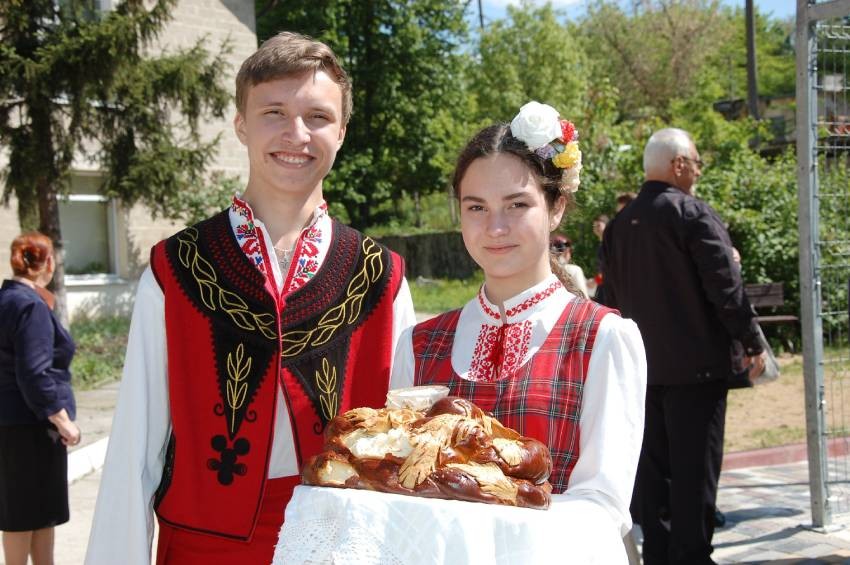 10
10






Editing by Elena Karkalanova
Translated and published by Rositsa Petkova
On 10 November, the European Music Festival will be offering music lovers a thrilling event. 2,500 years after the legendary Italian city of Naples was founded, Sofia will be celebrating the anniversary with a special event – a concert by Ars Nova..
On the day the Orthodox Church celebrates the Feast of St. Archangel Michael, the National Archaeological Reserve "Deultum-Debelt" will mark 1,160 years since the Christianization of the Bulgarian people. The event will be attended by Vice..
In his latest exhibition, Nikolay Buzov follows the principles of calligraphic art, offering a polyphony of abstract symbols and signs. His canvases emanate the sense of ease and freedom with which he creates his geometric structures. “The title..
On the day the Orthodox Church celebrates the Feast of St. Archangel Michael, the National Archaeological Reserve "Deultum-Debelt" will mark 1,160 years..
On 10 November, the European Music Festival will be offering music lovers a thrilling event. 2,500 years after the legendary Italian city of Naples was..

+359 2 9336 661
